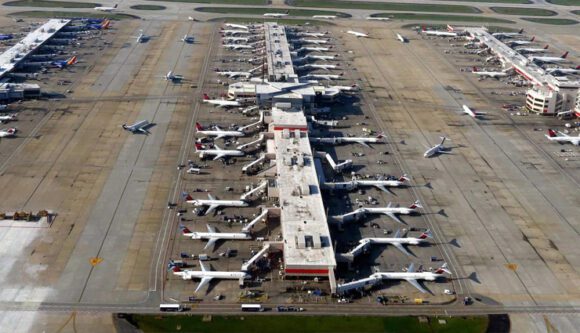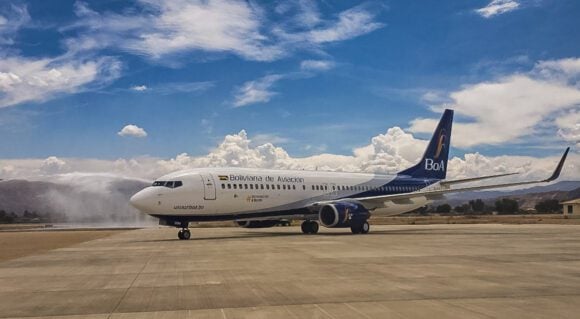 Singapore Airlines and Tata Group, the Indian conglomerate, have agreed on a joint venture for a full service carrier in India, to be owned 51% by Tata Group and 49% by Singapore Airlines. Initial funding of the joint venture will be $100 million, 51% from Tata and 49% from Singapore.
Singapore Airlines and Tata Group, the Indian conglomerate, have agreed on a joint venture for a full service carrier in India, to be owned 51% by Tata Group and 49% by Singapore Airlines. Initial funding of the joint venture will be $100 million, 51% from Tata and 49% from Singapore.
This follow on the heels of a Tata joint venture with Malaysia’s AirAsia to create a low-cost airline in India earlier this year. Tata has now positioned itself at both the low-fare and full service sides of the market, recognizing the market demand for both types of service.
In some ways, it is returning to its roots for Tata Group. Prior to India’s independence in 1953, when it nationalized airlines, Tata Airways was India’s largest carrier and re-branded as Air India.
 Prasad Menon, Chairman of the carrier, said “It is Tata Sons’ evaluation that civil aviation in India offers sustainable growth potential.” Coh Choon Phone, CEO of Singapore airlines, said that “we have always been a strong believer in the growth potential of India’s aviation sector and are excited about the opportunity to partner with Tata Sons in contributing to the future expansion of the market. Tata Sons is one of the most established and respected names in India. With the recent liberalization, the time is right to jointly bring consumers a fresh new option for full-service air travel. We are confident the joint venture airline will help to stimulate market demand and provide economic benefits to India.
Prasad Menon, Chairman of the carrier, said “It is Tata Sons’ evaluation that civil aviation in India offers sustainable growth potential.” Coh Choon Phone, CEO of Singapore airlines, said that “we have always been a strong believer in the growth potential of India’s aviation sector and are excited about the opportunity to partner with Tata Sons in contributing to the future expansion of the market. Tata Sons is one of the most established and respected names in India. With the recent liberalization, the time is right to jointly bring consumers a fresh new option for full-service air travel. We are confident the joint venture airline will help to stimulate market demand and provide economic benefits to India.
The current market in India is quite competitive, with a number of low fare carriers and expansion by Etihad to new routes after its acquisition of a minority stake in JetAirways. Etihad is tripling its seats from Abu Dhabi to Mumbai and Delhi starting in November to take advantage of connecting flight opportunities with its partner.
With two airlines now competing with state-run Air India, the Tata Group is in a position to take market share away from the government entity that 60 years ago nationalized its airline operations. With Air India’s financial difficulties and lack of passenger preference, the Tata -Singapore joint venture will likely take market share from the national carrier, which is dependent on government subsidies for its survival.
Despite governmental bureaucracy and incompetence (the Etihad-Jet deal is still not formally approved), the private sector in India appears ready to step in an rectify the inefficiencies in the market. But, as Kingfisher showed, it isn’t easy to make money when the state-run airline prices its product under cost, putting pressure on competitors. Fortunately, their costs are so bloated that competition can succeed with well run operations, and Tata Sons and Singapore should bring both efficiency and service differentiation to the market.
Views: 0



